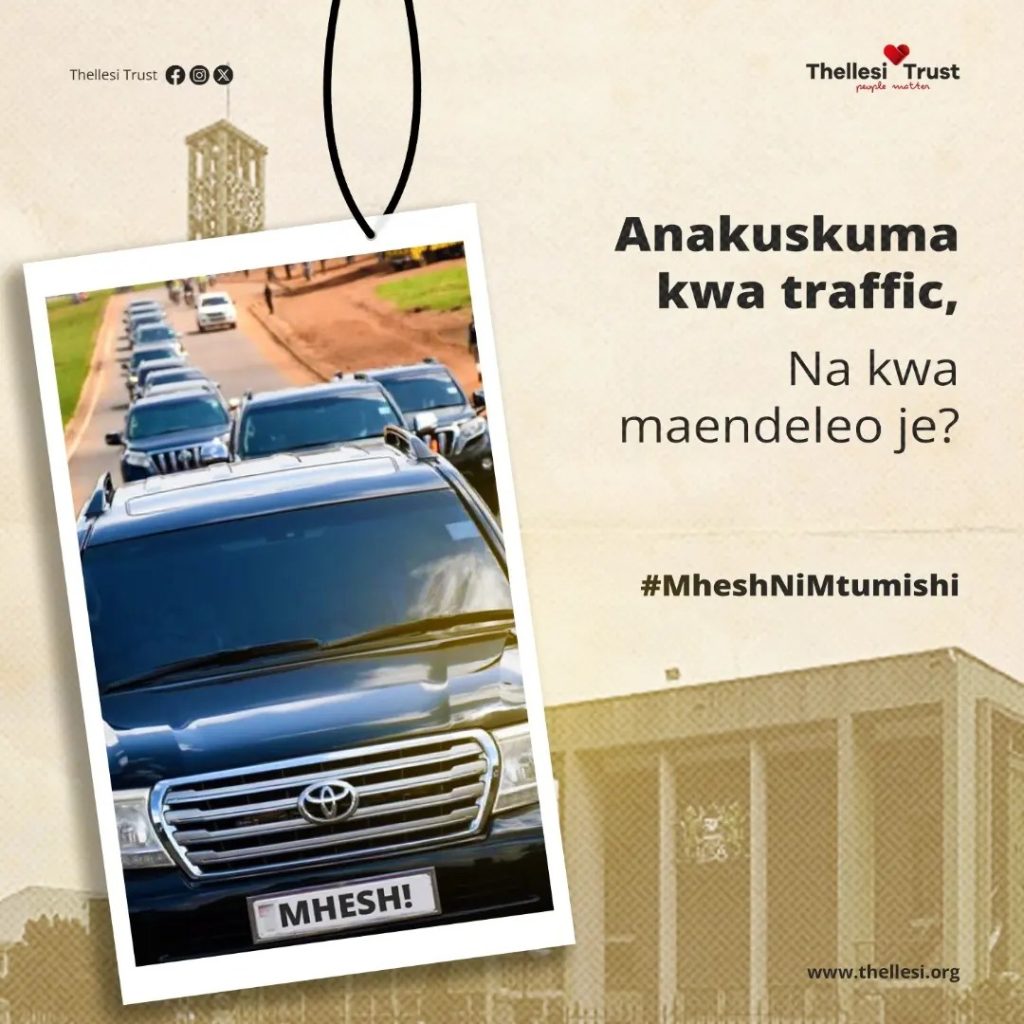“I’ve never heard of it – this is the first time I’m hearing about it from you.”
This was Timo’s response when we asked him about the controversial legislation called the Public Transport Motorcycle Regulation Bill, 2023. Timo has 7 years’ experience as a boda boda rider, yet he (and others we spoke to in Kilifi and Malindi towns) had absolutely no idea that a law was in the making that would seriously affect their operations. But this is not unusual in Kenya as many consequential discussions happen in high offices and barely trickle down to citizens who will be most affected.
Context
Late last year and early this year, the ‘Public Transport Motorcycle Bill 2023’ was on the tables of Parliament. It sought to regulate Kenya’s motorcycle sector – which has been described as chaotic – in order to improve safety on our roads. After approval from the Senate, it was taken to the National Assembly where it was supposed to have been passed into law. However, the Senate itself backtracked and requested the withdrawal of the bill in what the Speaker of the National Assembly Hon. Moses Wetang’ula termed as “an unprecedented procedural scenario”, adding that “this is the first time that such a request has been received in the bicameral processing of bills in the House of Parliament”.
Lack of Public Participation
The withdrawal of the bill was a result of widespread backlash by boda boda operators, who called the bill punitive, out of touch with daily realities and that it would effectively take away their livelihoods. The national boda-boda association flat-out rejected the bill and warned that if it passed, riders would launch a nationwide strike. Many raised concerns over lack of consultation in the making of the regulations, terming the process a violation of Kenya’s public participation laws. According to various reports, the sector employs more than 2 million people, many of them youths. It contributes about KES 660 Billion to Kenya’s GDP and plays an important role in transport, delivery and rural access.
Also Read: Bridging The Digital Divide For The Youth
What the Bill Proposed – A Breakdown of Key Provisions
- Mandatory Training
All commercial motorcycle riders must complete a certified safety and traffic course before being allowed to carry passengers. - Formal Hiring Contracts
Only riders with a valid motorcycle license and a written employment contract can operate legally. Informal, verbal agreements would no longer be allowed. - Trackers and Insurance
Every boda-boda must be registered, fitted with a GPS tracking device, and insured commercially—all at the operator’s cost. Riders expressed concern over the high cost of trackers and what felt like government surveillance. - Safety Gear Requirements
Each bike must carry two KBS-standard helmets and two reflective vests—one set for the rider and one for the passenger. All gear must be clean and in good condition. - Passenger and Cargo Limits
No carrying of multiple passengers or extra-heavy loads. A rider can only carry one passenger, and no one can ride if the bike has more than 50kg of cargo. - Severe Penalties
Violations such as riding on sidewalks or against traffic could lead to a KSh20,000 fine or six months in jail. Group intimidation or “ganging up” could result in fines up to KSh100,000 or one year in jail. - Criminal Liability Clause
If a rider unknowingly transports a passenger involved in criminal activity, they could be held partly liable, unless they can prove they had no way of knowing about the crime.
Decision-making With People, not For People.
There is no doubt the public transport motorcycle bill was drafted with good intentions – to tame the seemingly uncontrollable boda boda sector. However, the lack of meaningful and extensive consultations with the people it would affect, the way it was communicated and perceived sank it. Unfortunately, we see this pattern not only in government (remember the #RejectFinanceBill2024 protests) but also in the nonprofit sector, where executives sit in offices far removed from daily realities of the people they seek to work with, come up with ideas and decisions and then try to force them on people. It ends up creating trust deficits, fear, lack of ownership, resistance and ultimately, rejection.
The lawmakers had the opportunity to sit with riders in their SACCO meetings, have conversations through their admin in WhatsApp groups, reach them through local radios and even do extensive focus groups in order to really listen to them. This would have allowed them to even co-design solutions because as we say, problems are with people but so are the solutions! When people feel heard and see themselves in a process, legislation stops being seen as a threat or a punishment and instead, is embraced as a shared tool for progress.
